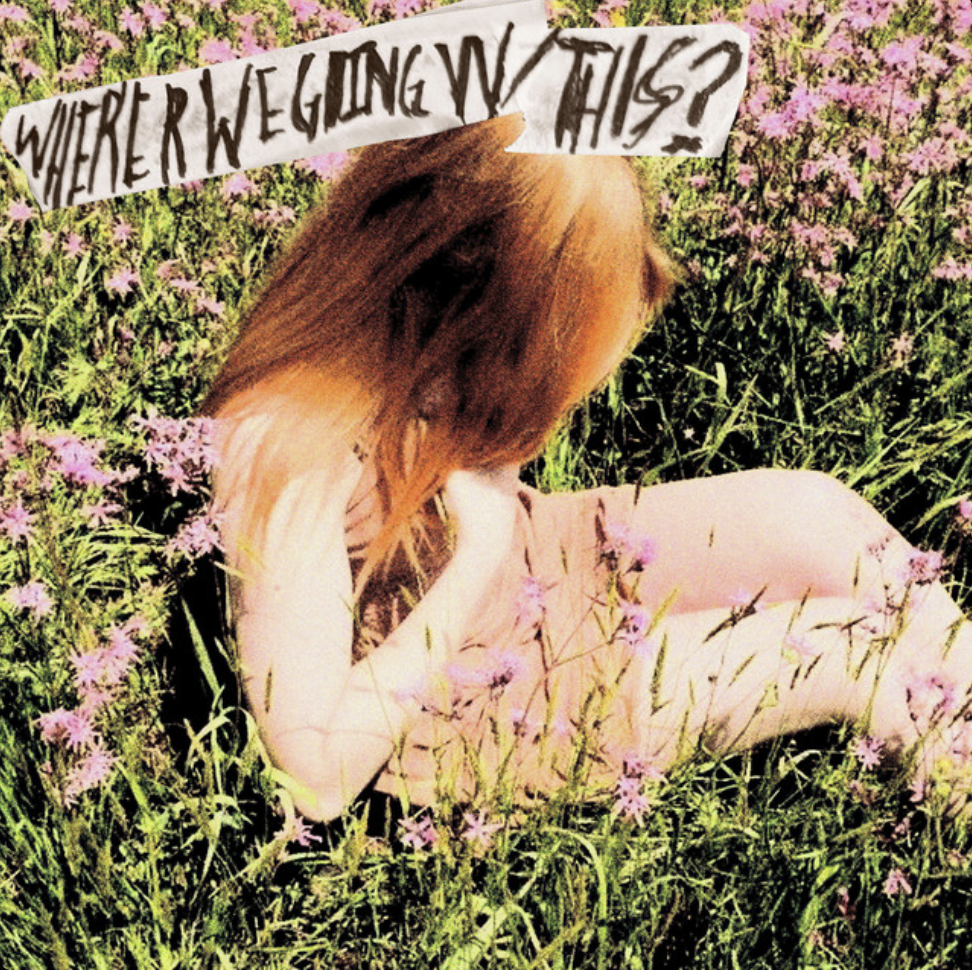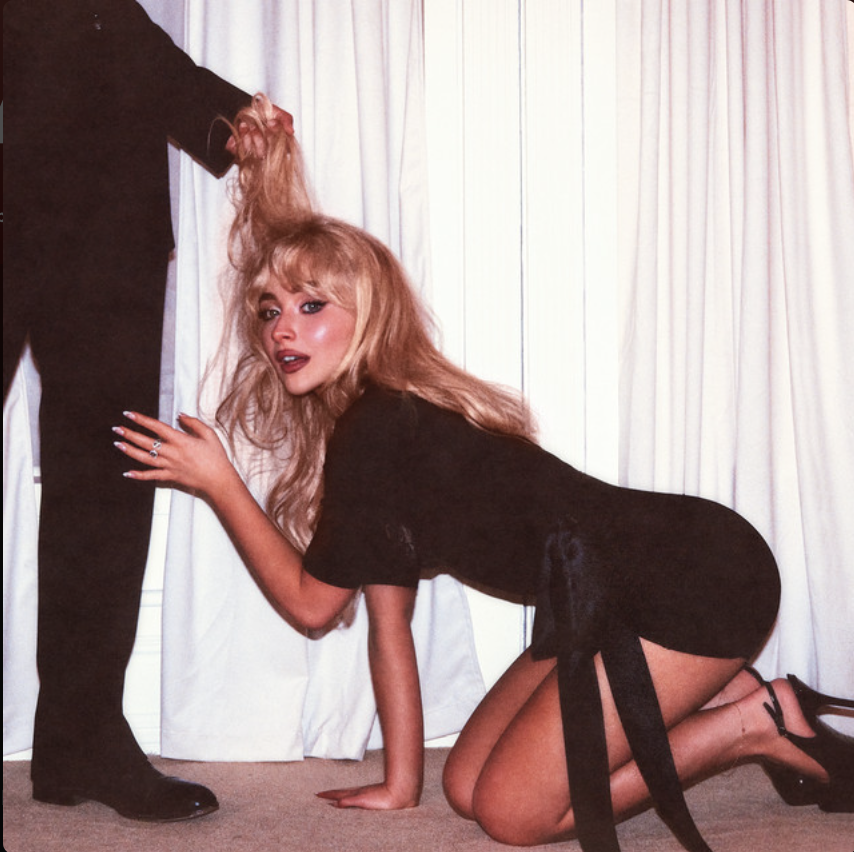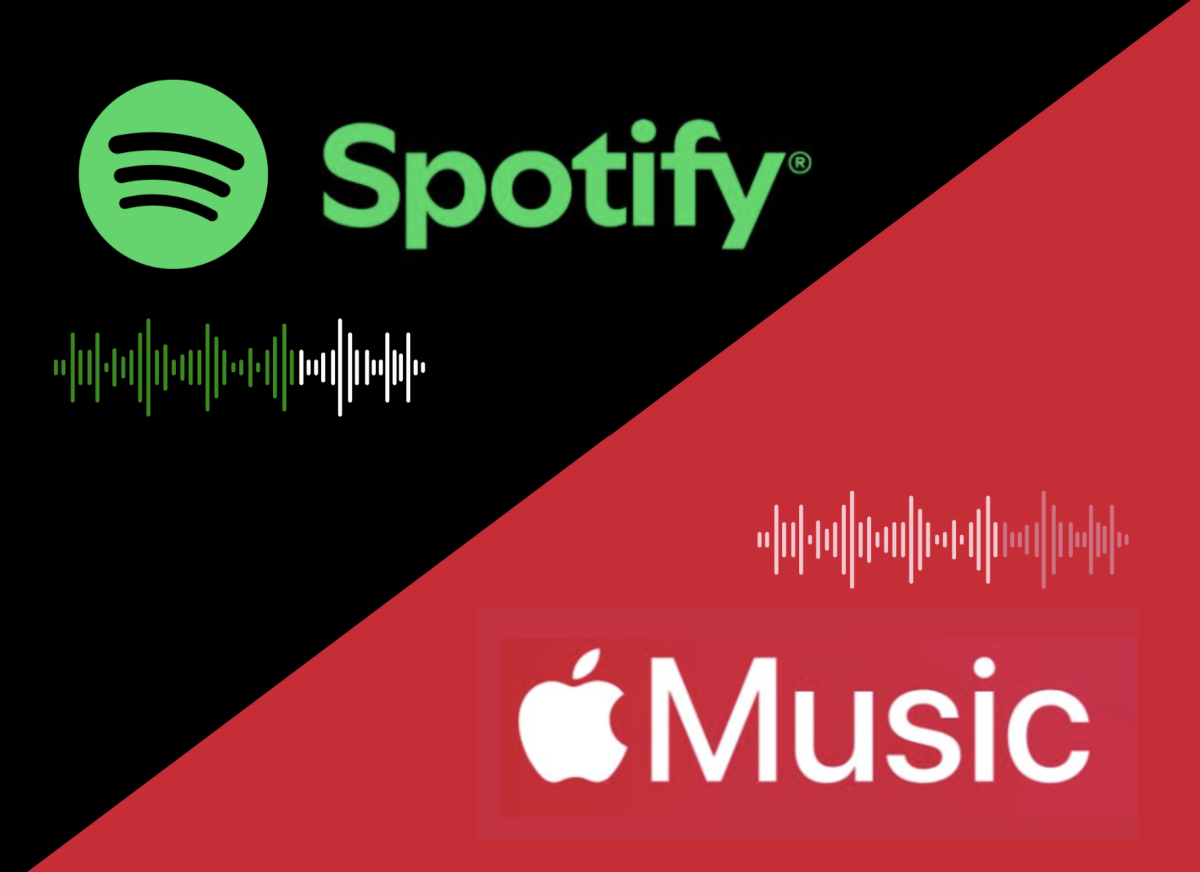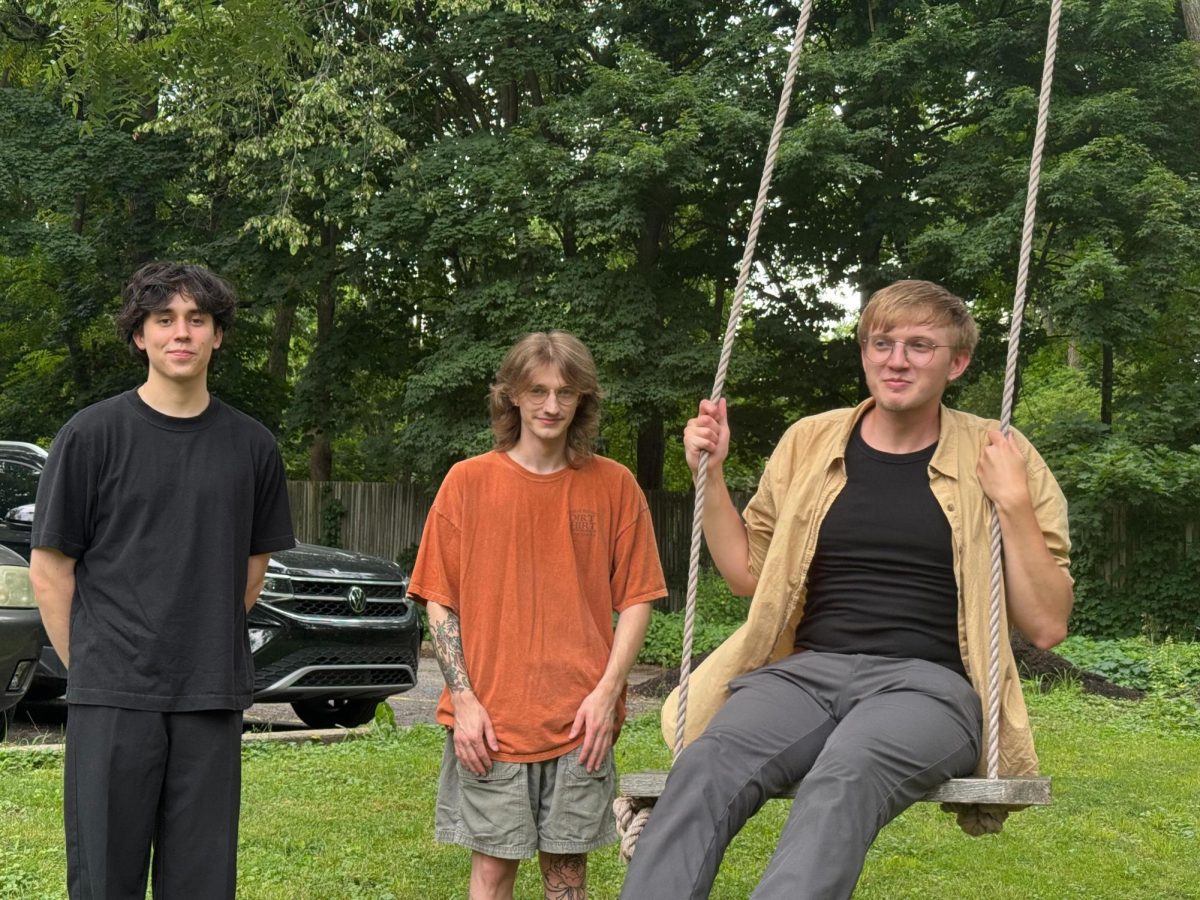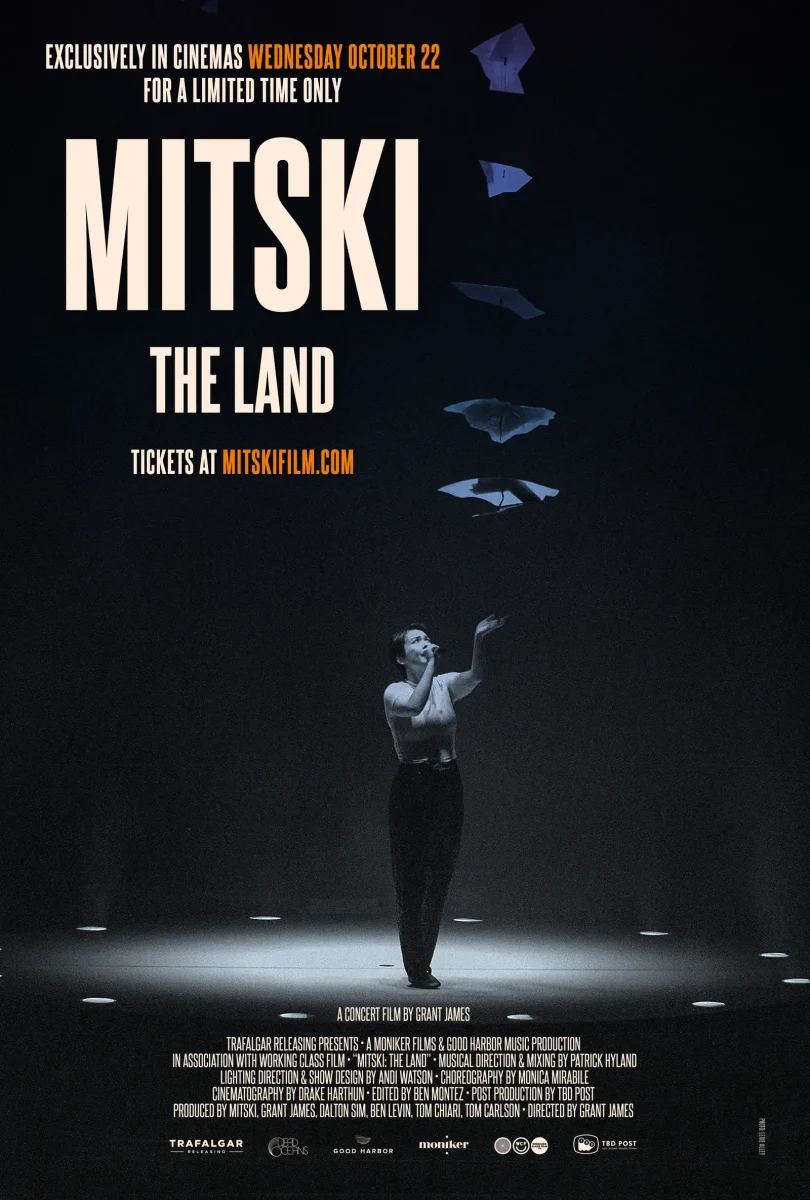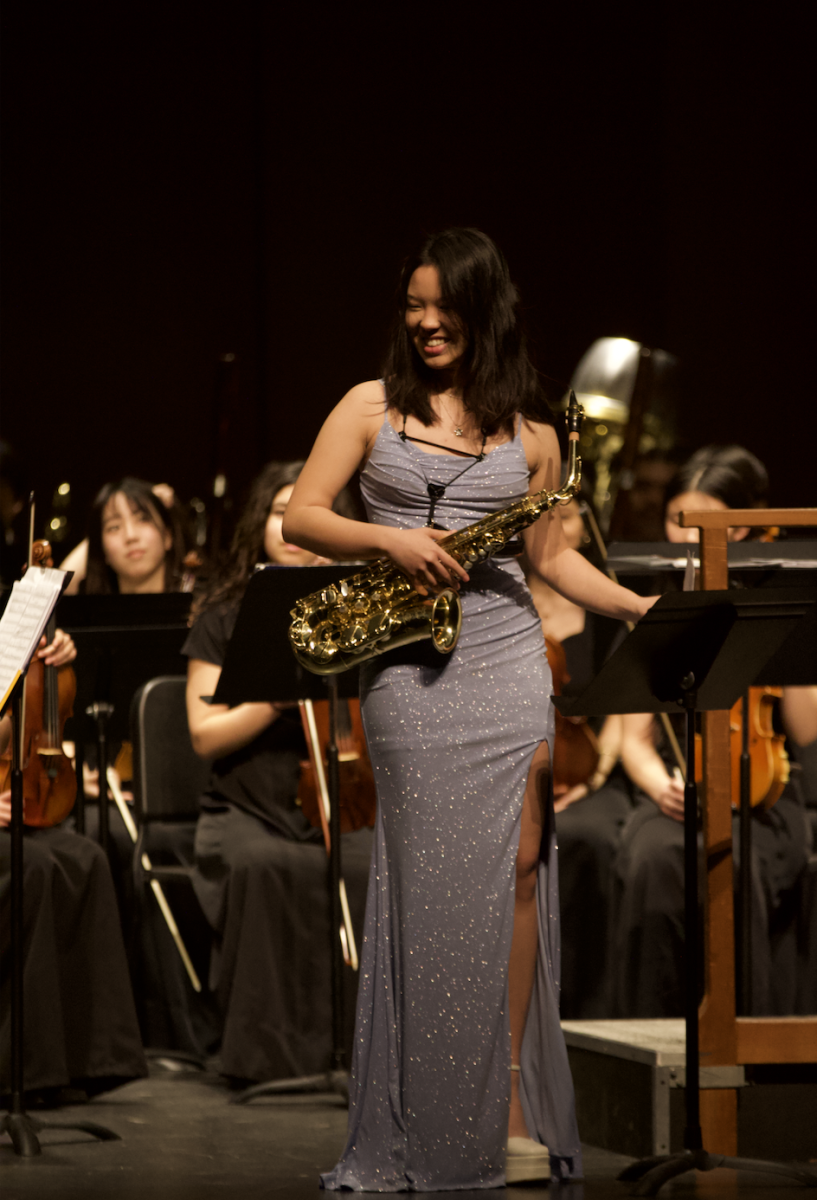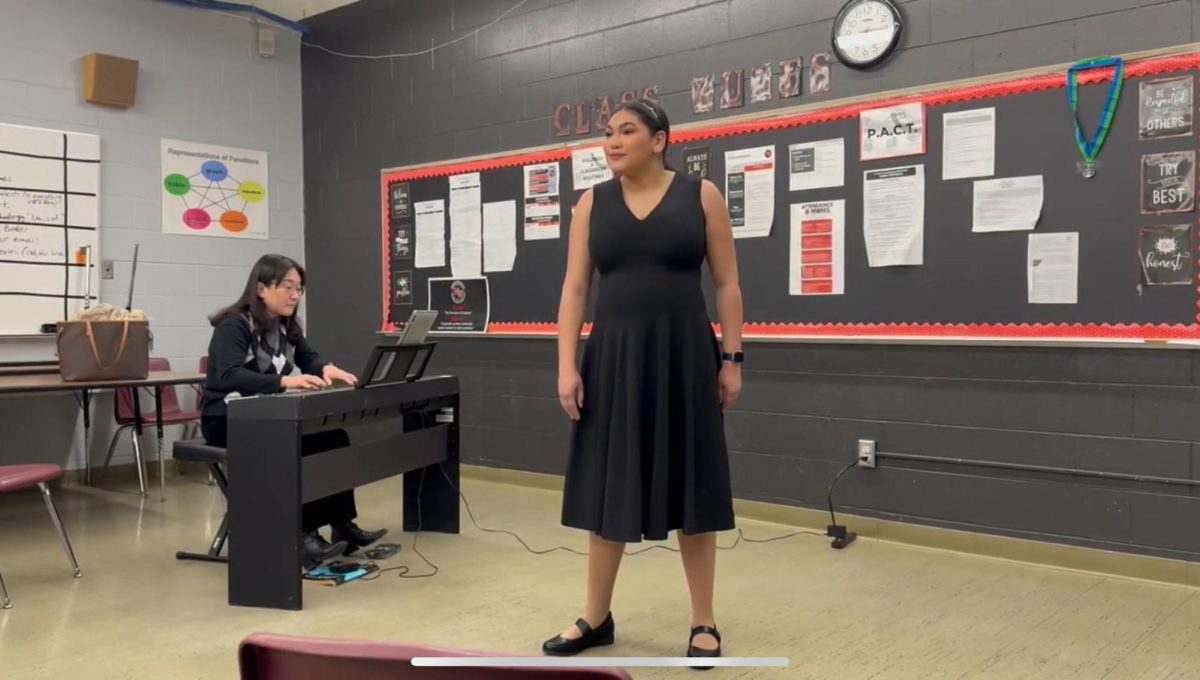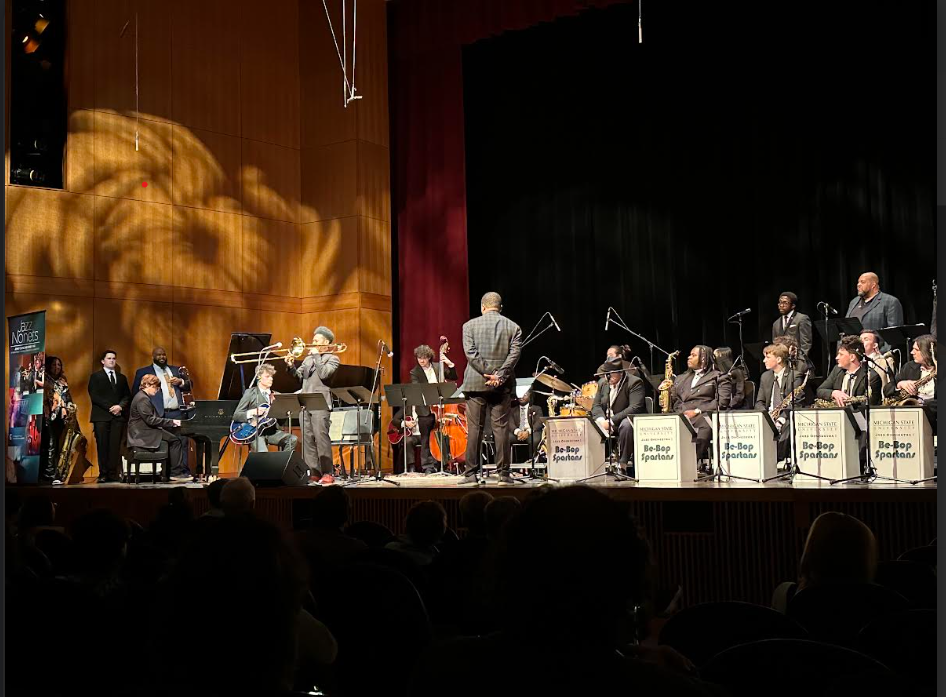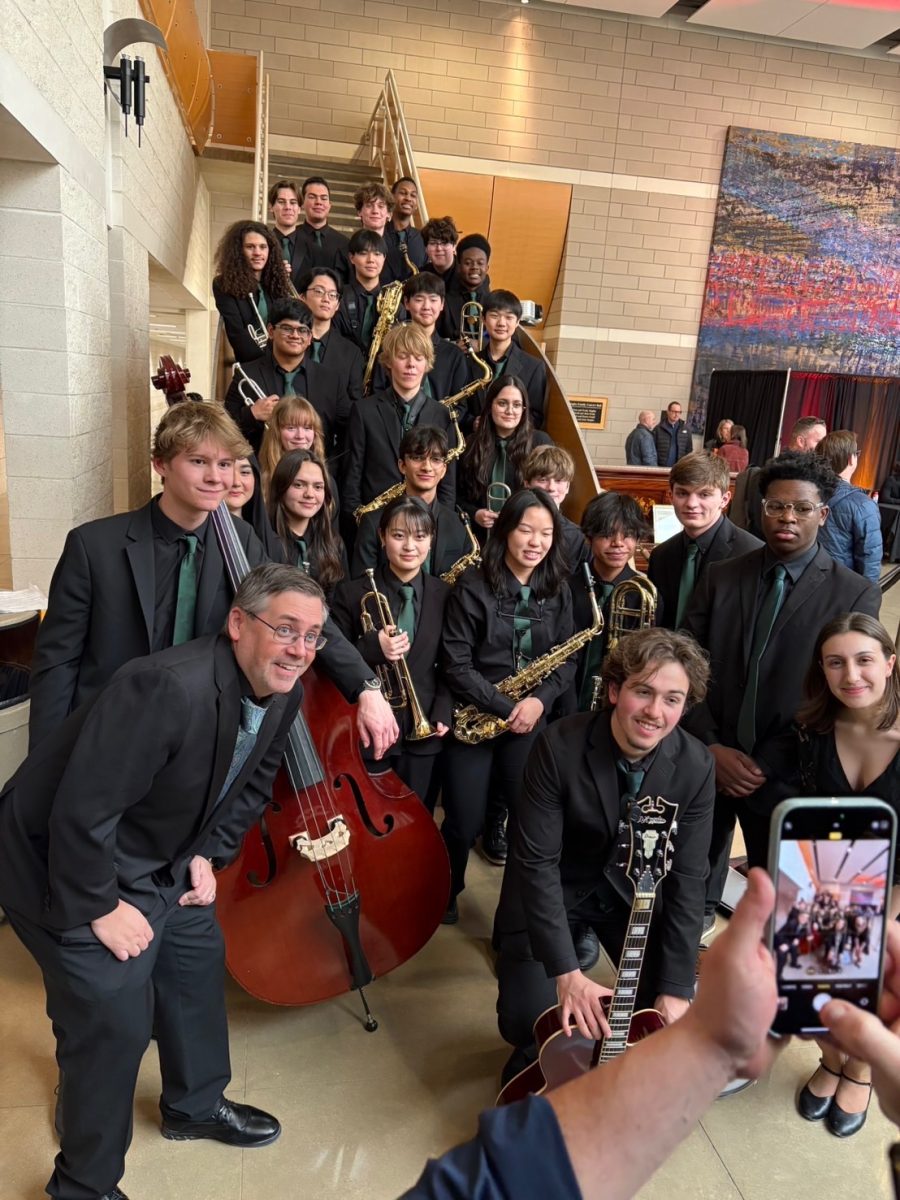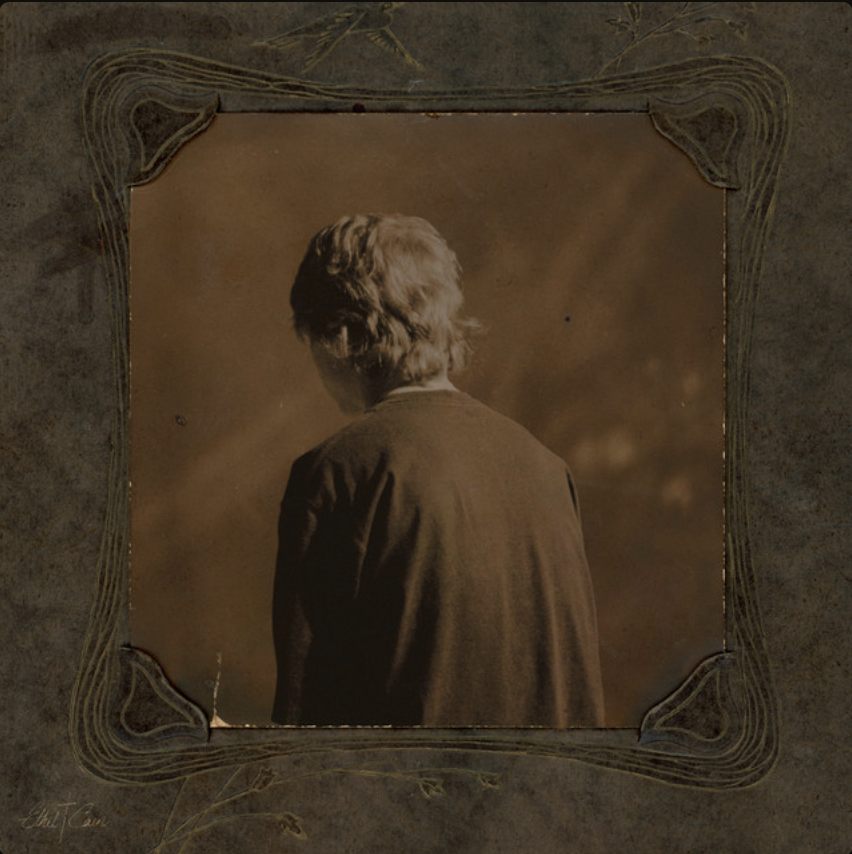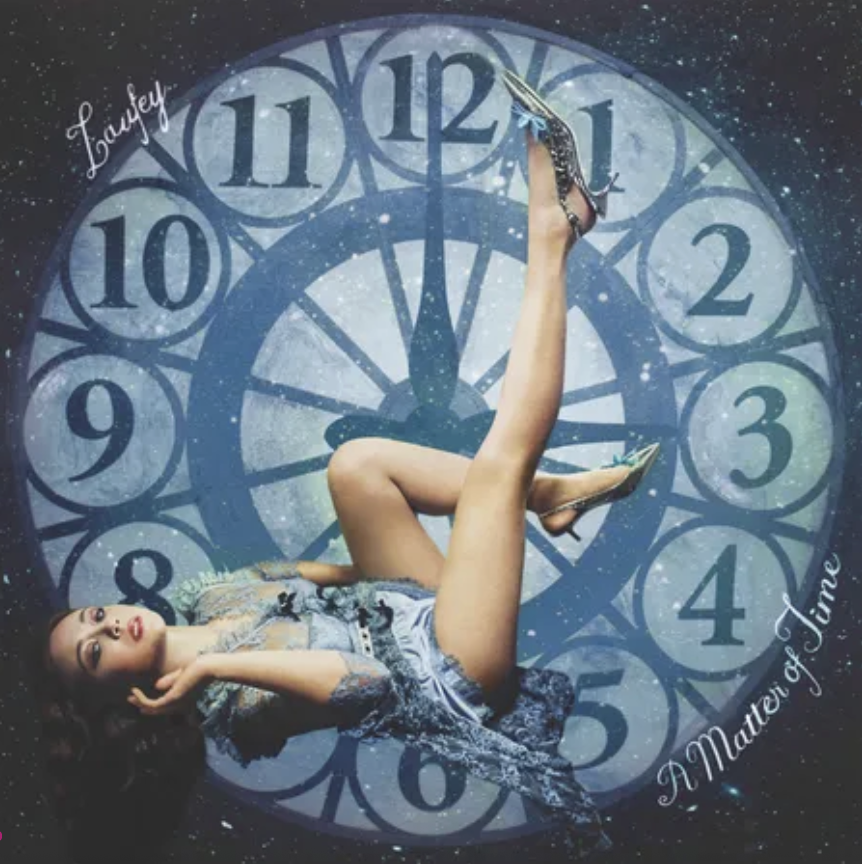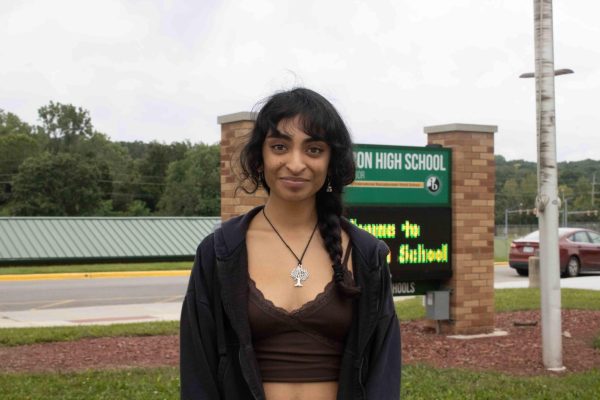Music has always been a medium for expressing political ideals–this is something that history teacher Luke Milne deeply understands.
“My dad was a history teacher, and he was always playing protest music,” he said. “We listened to classic rock, Motown, everything from those eras, and he, as a teacher, would teach protest song lessons. It always made him excited.”
Influenced by his father, Milne understood the impact and importance of music in a historical and modern context. With the rise of social movements such as BLM, Milne created a lesson on protest music to help students understand its significance.
“The school that I was at, Lancing Eastern, 33% of our population was African American, and {BLM} was something that we certainly wanted to talk about with the school,” he said.
Basing the lesson on Marvin Gaye’s “What’s Going On?”, a song that speaks on police brutality specifically, he was able to tease out students’ understanding of the depth of the topic, creating a lesson that is taught at Huron today.
“I’m saying ‘Looking at the song, what time period would you believe it was from,’ and most students said ‘this was probably made in last week’,” he said. “Seeing that it was made in 1969 and we’re still fighting the same battles that he was fighting then blew their minds.”
In a more modern context, though, as the landscape of music changes, so does the landscape of protest music. Through means such as streaming, music has become far more accessible and widespread, which can result in the dilution of the meanings of protest songs.
“People tend to go toward what is most popular, in my opinion,” he said, “which means you’re only hearing the voices of a few.”
Despite people’s tendency to focus on what’s popular, Milne highlights a wide array of artists, both past and present, who have used music as a powerful tool for protest. Along with Marvin Gaye, Milne cites several other impactful artists in the landscape of protest music–Bruce Springsteen, Buffalo Springfield, Bob Marley, various Motown groups, as well as Kendrick Lamar, to name a few.
“We really do need strong voices, strong movements,” he said. “There is a need for protest.”




